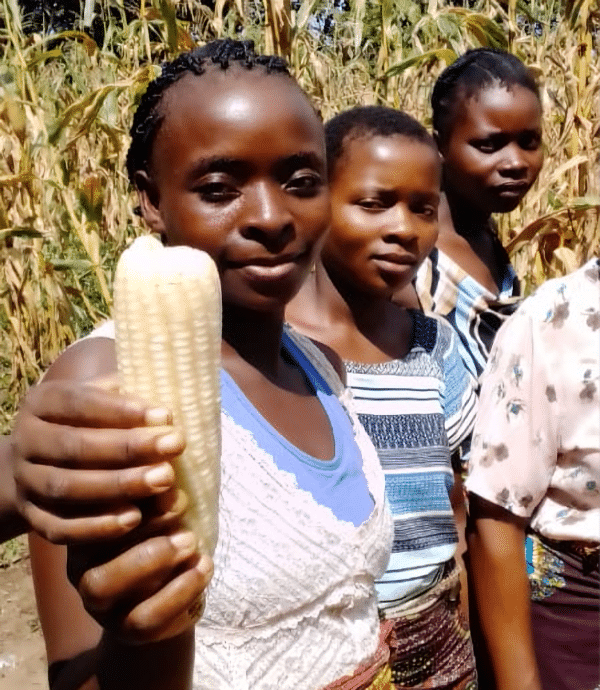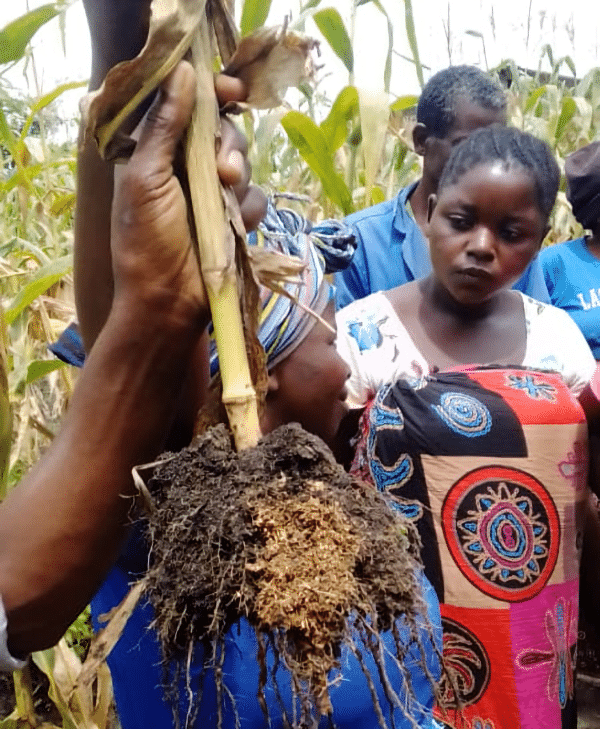The war in Ukraine has created unexpected challenges in many countries beyond that country’s borders – but who would have thought massive increases in fertiliser prices for African farmers would be one of the consequences?
The price of commercial ‘NPK’ fertiliser – nitrogen, phosphorous and potassium compound – has risen by almost half in Malawi in the past few months. Although the Malawi Government subsidises fertiliser costs for some farmers, some of the poorest are even then not able to afford it.
Russia and Belarus are among the biggest producers of the elements of commercial fertiliser, so sanctions have closed that supply. This came on top of a virtual ban on the export of phosphate – a key fertiliser ingredient – by China since the middle of last year.
Capacity is so fortunate to have its bokashi programme. Farmers in the corner of Malawi we work in are clamouring to be trained in making bokashi, the organic alternative learned from Japan.
Apart from having to buy yeast and molasses (or brown sugar), all the other ingredients are readily available: maize bran, rice bran, charcoal, cow or goat dung, top soil, ashes and water.
Not only are the results from applying bokashi staggeringly good compared to commercial alternatives, the material actually deters some pests.
Hardly surprising, then, that Capacity is extending its bokashi project throughout the 45 villages in the Malenga Mzoma traditional area.
The top shows a plant root ball, demonstrating how bokashi converts poor soil into good soil. The image below shows a head of corn grown using bokashi.


